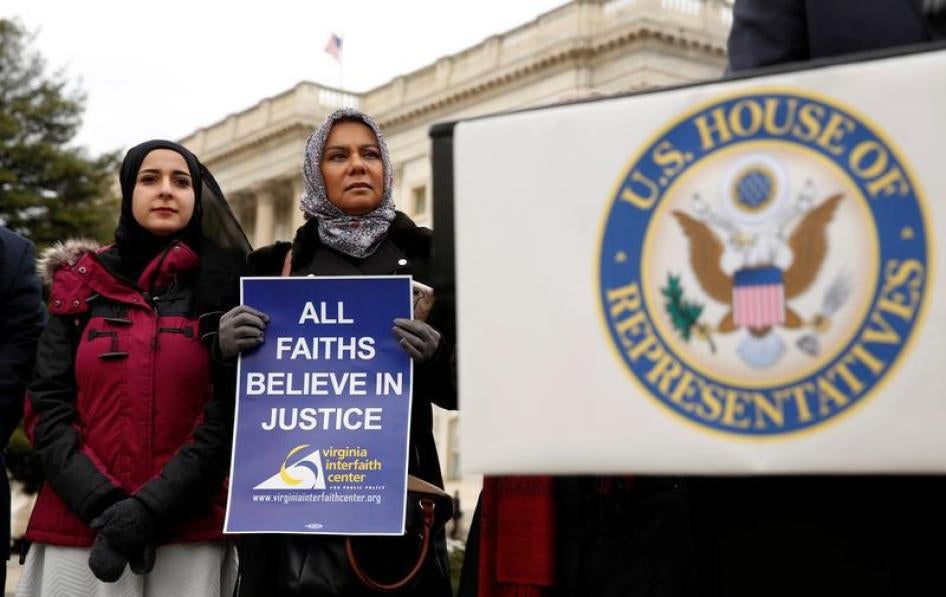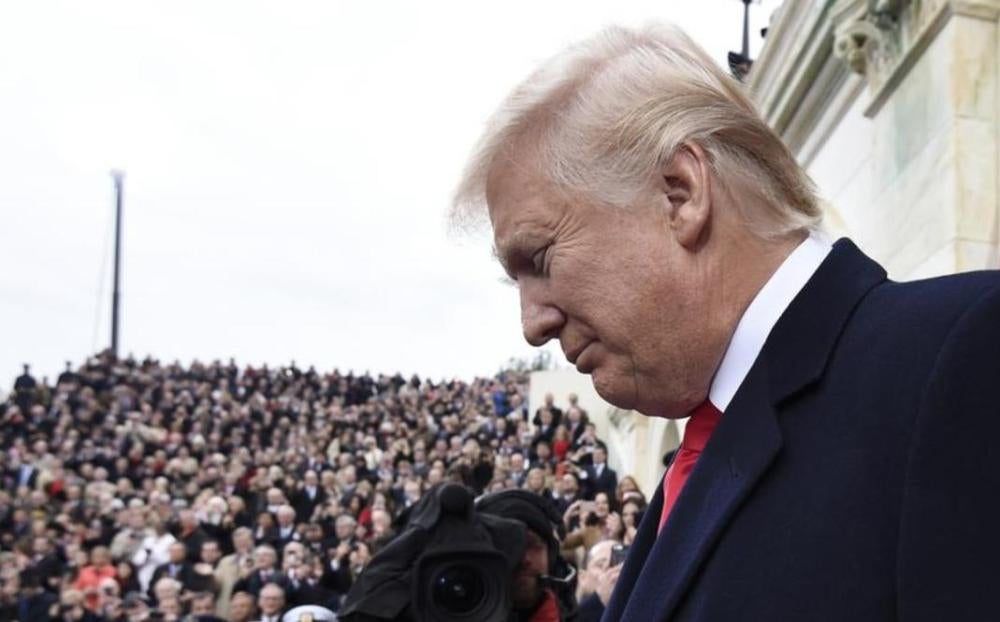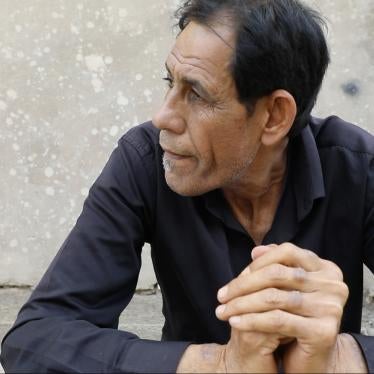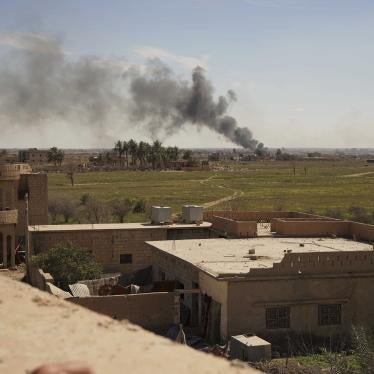Amid the uproar over President Donald Trump’s temporary travel ban, along comes yet another proposal in the same discriminatory spirit: to revamp a United States government program created to counter all violent ideologies so that it would focus solely on "Islamist extremism."
Like the travel ban, which targets none of the countries whose nationals have staged an attack on US soil, the most likely effect of the proposed changes to the “Countering Violent Extremism” (CVE) program would be to alienate millions of peaceful, law-abiding Muslims worldwide, rather than keep the US safe.
The Trump administration may rename the program “Countering Islamic Extremism,” Reuters reports, and no longer use it to target groups such as white supremacists that have also carried out deadly US attacks.
Supporters of the change may argue that Trump is simply calling it like it is: “CVE” programs in countries including the US and United Kingdom already are widely perceived as focused on Islamist armed extremism. But it’s not the name that needs fixing; it’s the programs, which risk unfairly targeting Muslims.
A change in name and focus to “Countering Islamic Extremism,” without including the element of violence, would increase that risk. There is no proven path from nonviolent extremism to armed extremism, and that goes for Christians, Hindus, and Jews, as well as Muslims, far-rightists, and far-leftists, among others.
An exclusive focus on Muslim “extremists” also could end up siphoning public funds from community-based projects that don’t bear the “Countering Islamic Extremism” label. Yet local job training and educational, cultural, and recreational projects may do far more to engage young people and dissuade them from violence than programs singling out people because of religion or ethnicity. Moreover, groups that may have the ear of those susceptible to violent extremist overtures may feel forced to turn away funds labeled “Countering Islamic Extremism” for fear they will be seen as anti-Muslim.
An exclusive focus on Islam also could suggest that the government is less concerned about violence by neo-Nazis, Christian militias, and other non-Muslim extremists, such as the 21-year-old white supremacist who expressed no remorse for shooting dead nine people last July at a US church renowned for its historically African-American congregation and its role in civil rights. That course would be reckless, given a rise in hate crimes against Muslims in the US, and the fact that until an attack on a gay nightclub in Florida last June by a shooter who pledged allegiance to the Islamic State, attacks by armed right-wing extremists killed more people than attacks by armed Islamist extremists in the 15 years since the 9/11 attacks.
The repercussions of rebranding could be felt worldwide. The US has been a global ringleader on “CVE” including at the United Nations Security Council, where in 2014 it penned a dangerously overbroad counterterrorism resolution urging all UN member nations to create “CVE” programs. Unscrupulous leaders may use an overly zealous US “Countering Islamic Extremism” program as a model to crack down on peaceful dissidents, opposition parties, and religious or ethnic groups.
Arbitrarily tarring Muslims as “extremists” and conflating religious “extremism” with violent extremism is religious discrimination, which is banned under international law. It’s also dumb policy. Not only does it run a serious risk of alienating communities that might otherwise help authorities avert genuine security threats, it hands a recruiting card to groups like the Islamic State by fueling their narrative that the West is out to get Islam.










